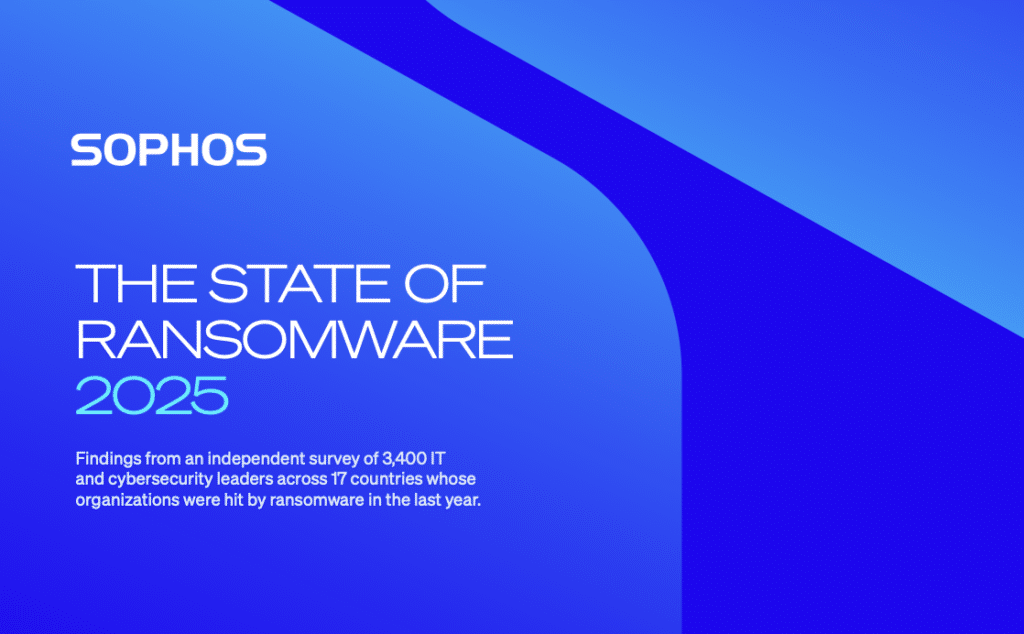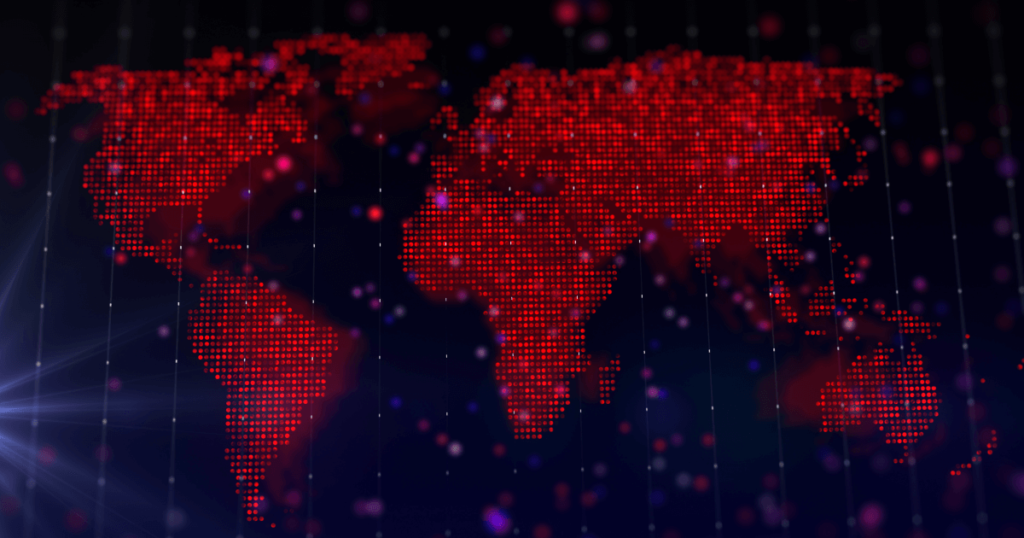The pros and cons of 3d printing

3D printing holds many promises for the future! It has come a very long way since its initial invention and continues to grow and develop. The medical sector, for instance, has benefitted from the creation of 3D printed organs which have helped save countless lives. Other industries are using 3D printing simply to speed up certain tasks and make office life easier. However, despite the innumerable number of advantages, this modern technology is not without its fair share of disadvantages. So, if you are thinking about using a 3D printer, we recommend making yourself aware of both the pros and cons.
The Pros
- Fast Production. Using 3D printing, products can quickly advance from design to prototype. Manufacture of the actual product is also speedy.
- Decreasing Costs. Although initial set-up may be higher, the price of this technology is decreasing in third world countries day by day.
- Enhanced Healthcare. As previously mentioned, one of the biggest advantages of 3D printing is its effectiveness in the medical sector. By 3D printing important organs like the heart, many people’s lives will be saved.
The Cons
- Copyright Issues: As 3D printing becomes increasingly more popular, it is easier to build and misuse counterfeit items. It will be very difficult to determine the difference between a real and a fake.
- Dangerous Items: In addition to creating extremely helpful products, such as human body parts, 3D printing can also be misused to create dangerous items like knives or guns.
- Size Restrictions: At the moment, 3D printers are limited to only creating small sized items. However, in the future it may become possible to print buildings with ease.
- Reduced Manufacturing Jobs: Many economies, such as those in third world countries, rely on low skill jobs. Unfortunately, 3D printing will reduce the amount of manufacturing jobs, as people will start making products in their own home.
By understanding the disadvantages of 3D printing and working towards overcoming them, it will become possible for mankind to enter into a new post-industrial manufacturing era where products are built at speed for a considerably lower price.
In a digital world that is forever changing, print marketing is still a very powerful business strategy. This is especially true when it’s tactically combined with other types of marketing, such as social media or search engine optimisation.

Subsribe for updates and our latest research
You may be interested in
The 2025 State of Ransomware: Key Insights on Attacks, Costs, and Recovery
Ransomware continues to evolve — and so must our defenses. The State of Ransomware 2025 report from Sophos presents one of the most comprehensive views yet into how organisations around the world are being impacted by ransomware attacks. Based on an independent survey of 3,400 IT and cybersecurity leaders across 17 countries, the report explores how attacks are evolving, the operational weaknesses adversaries exploit, and the human and financial tolls that follow. Whether you’re building a cybersecurity strategy or assessing risk, this year’s findings offer crucial, real-world insights to guide your response. Key Findings from…
Outgrowing your MSP; businesses need a provider that scales with their growth
To stay competitive, business leaders must align with MSPs that deliver strategic value, drive innovation, and support to scale. Now firmly into 2025, it’s becoming clear what the year has in store for the IT landscape. For SMBs, the message is clear: business growth must be matched with smarter, more scalable managed services. The demand for cyber-resilient, cloud-first and AI-integrated solutions is no longer a forecast – it’s a reality already shaping business priorities. According to leading global technology market analyst firm Canalys’ MSP Trends 2025 report, the MSP model is transforming under growing pressure…
End of windows 10 support signal urgent action needed from UK organisations as cyberattacks continue to rise
Recent breaches at major UK retailers, combined with the approaching end of life of Windows 10, highlights a critical moment for IT resilience planning The recent wave of cyberattacks targeting major UK retailers has highlighted the growing security risks associated with organisations running outdated systems and applications and maintaining weak identity verification protocols. These incidents—particularly those involving Marks & Spencer and the Co-Op—have starkly exposed how vulnerable legacy infrastructure and insufficient access controls can be. In both cases, attackers successfully posed as legitimate employees and manipulated IT help desks into resetting internal passwords, ultimately gaining…
UK SMEs must fortify their cybersecurity against geopolitical risks, says Espria
A recent Sky News investigation highlighted an uptick in cyberattacks tied to the Iran conflict that are targeting businesses across multiple sectors. Speaking at the NATO Summit, Prime Minister Sir Keir Starmer urged UK businesses, regardless of size or sector, to prioritise cybersecurity and ‘take immediate steps to review and strengthen their defences.’ While the warning is timely in tone, businesses are already becoming targets of politically motivated cyberattacks, emphasising the need for heightened vigilance. “As tensions spread globally, threat actors will continue to exploit digital vulnerabilities, and neutral businesses may be caught in the…
Why Businesses Should Invest in ESG: Lessons learned by Espria
In today’s competitive landscape, Environmental, Social and Governance (ESG) performance is no longer just a “nice to have”—it is a critical business imperative. Companies that prioritise ESG are better positioned for long-term success, risk mitigation, and reputation enhancement. Today’s world demands more from companies than just financial performance. Customers want transparency. Employees want purpose. Investors want resilience. ESG helps businesses manage risk, seize new opportunities and build trust with the people who matter most. It is how you can stay competitive, stay responsible and stay relevant in a fast-changing world. A powerful case study of…
The Importance of Compliance and Security: Complementary Forces in Today’s Business World
In today’s rapidly evolving business landscape, compliance and security have become paramount. These two elements, often perceived as hurdles, are in fact complementary forces that drive business success and sustainability. Understanding their importance and how they work together can transform them from perceived blockers into enablers of growth and innovation. The Role of Compliance Compliance refers to adhering to laws, regulations, standards and ethical practices relevant to an industry. It ensures that a company operates within the legal framework and maintains its reputation. Compliance is not just about avoiding fines and legal issues; it is…





